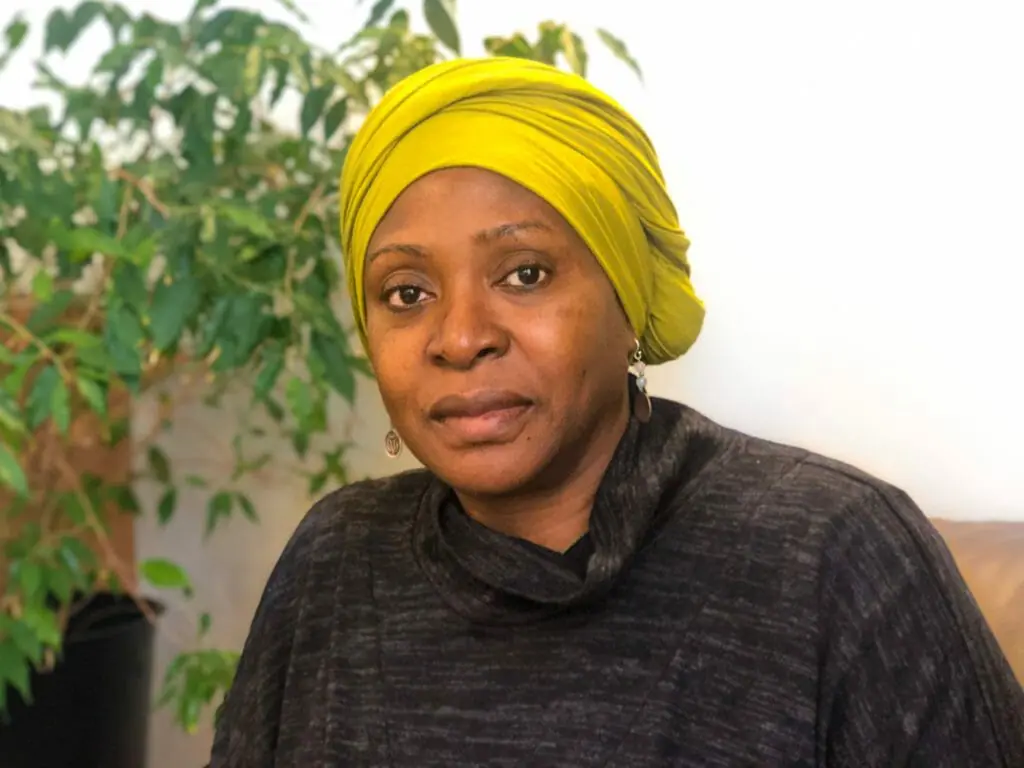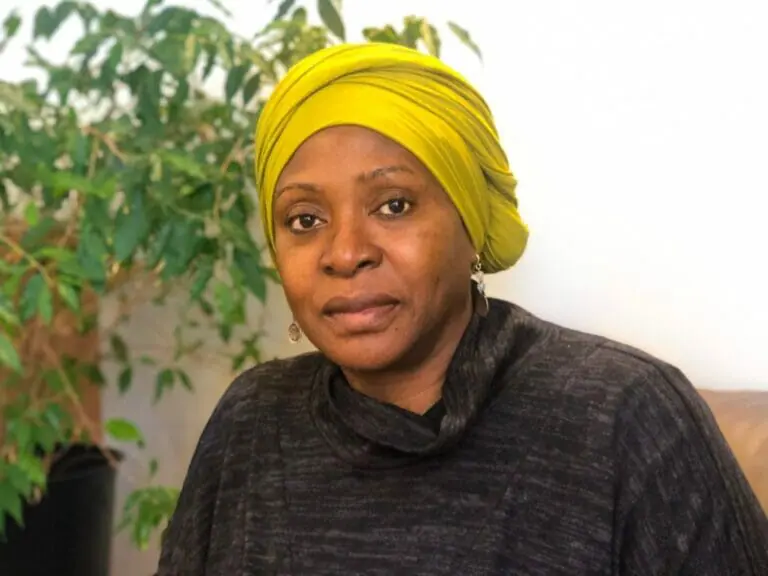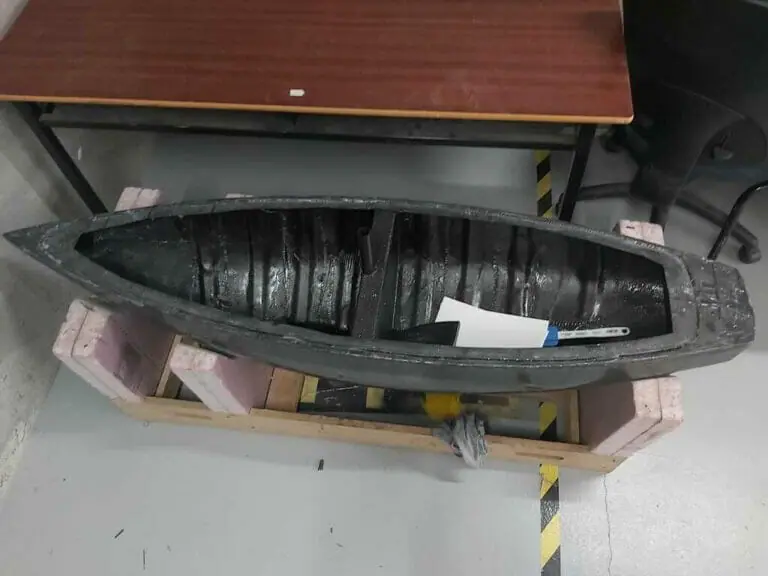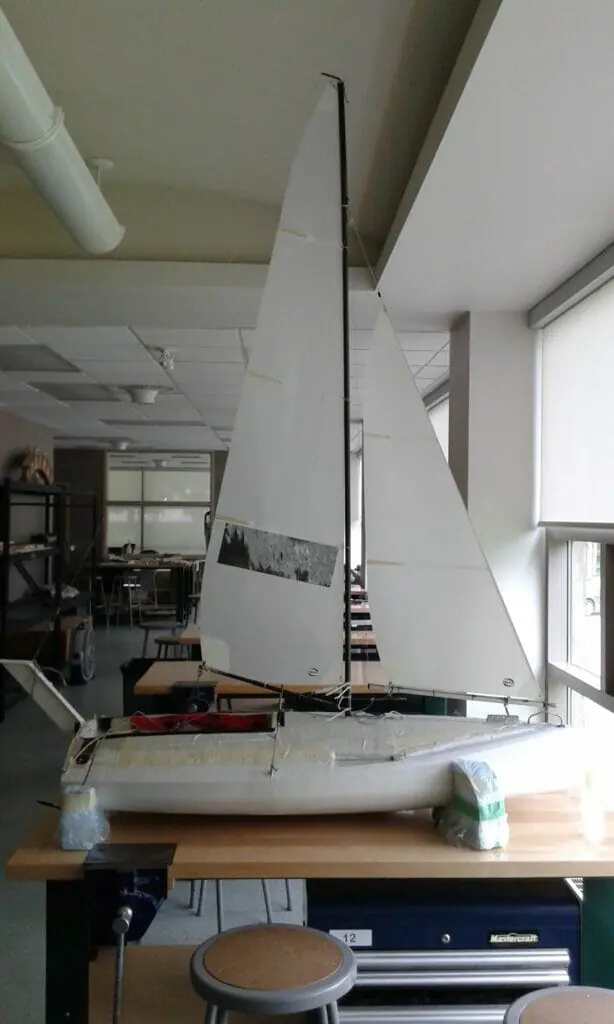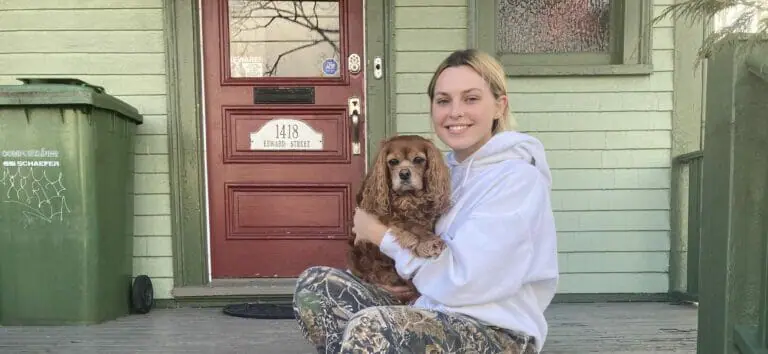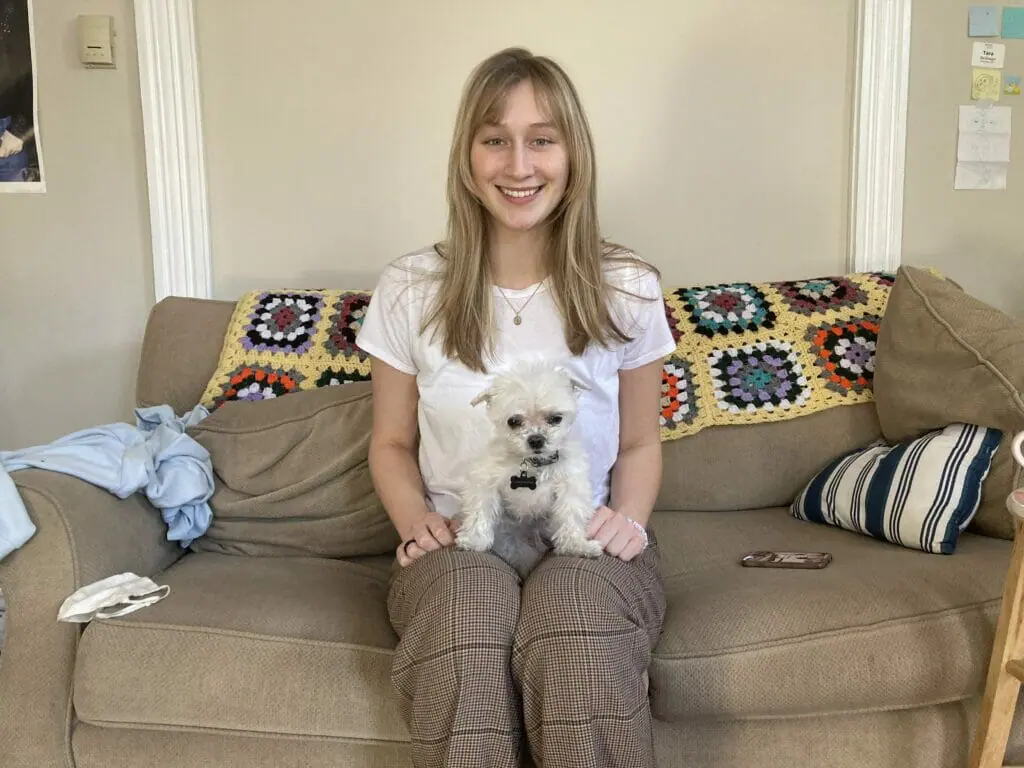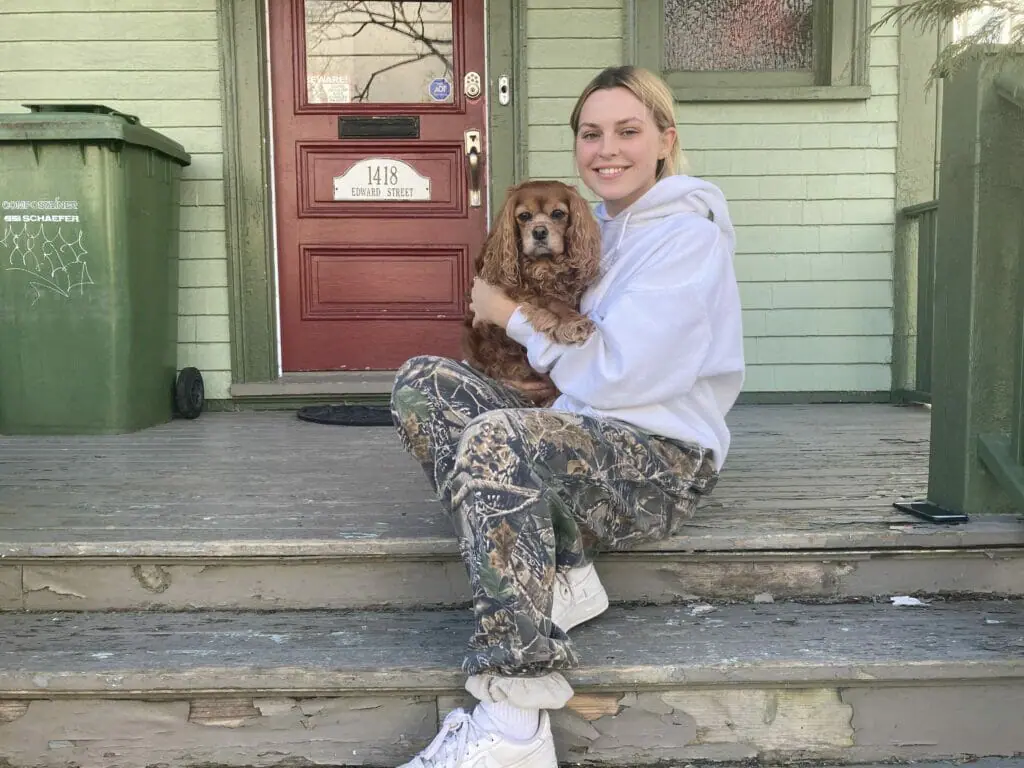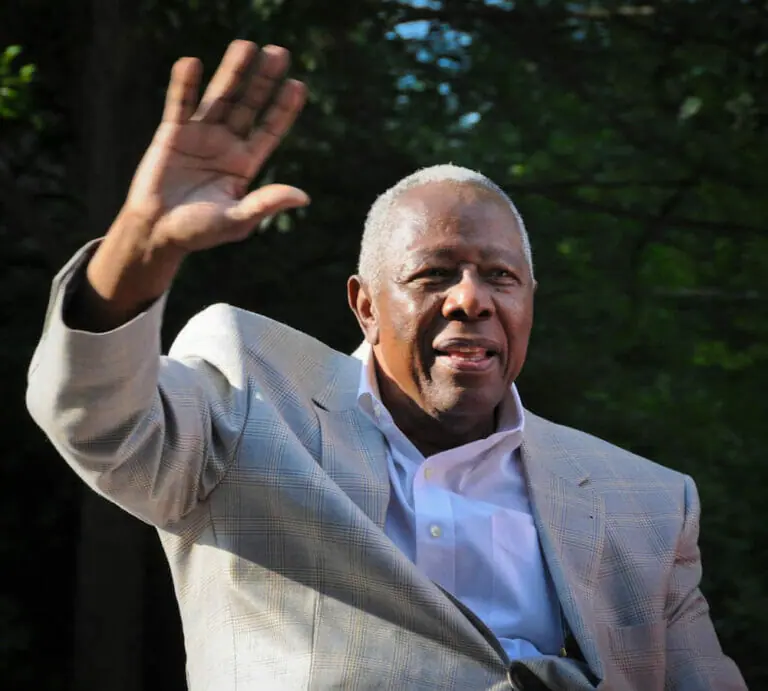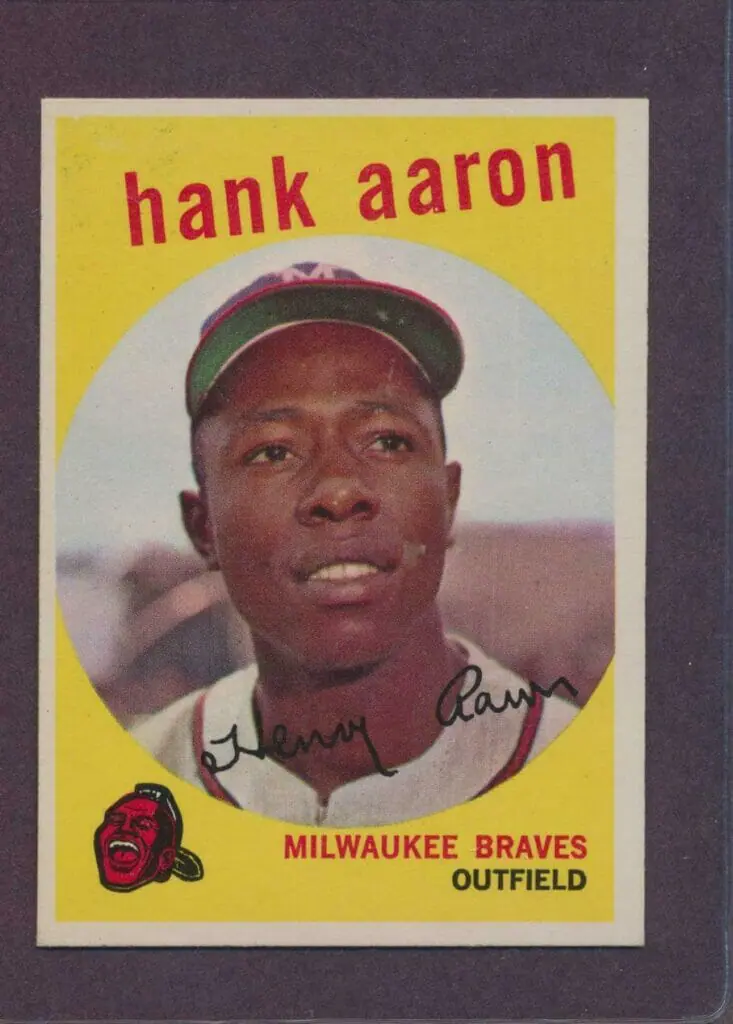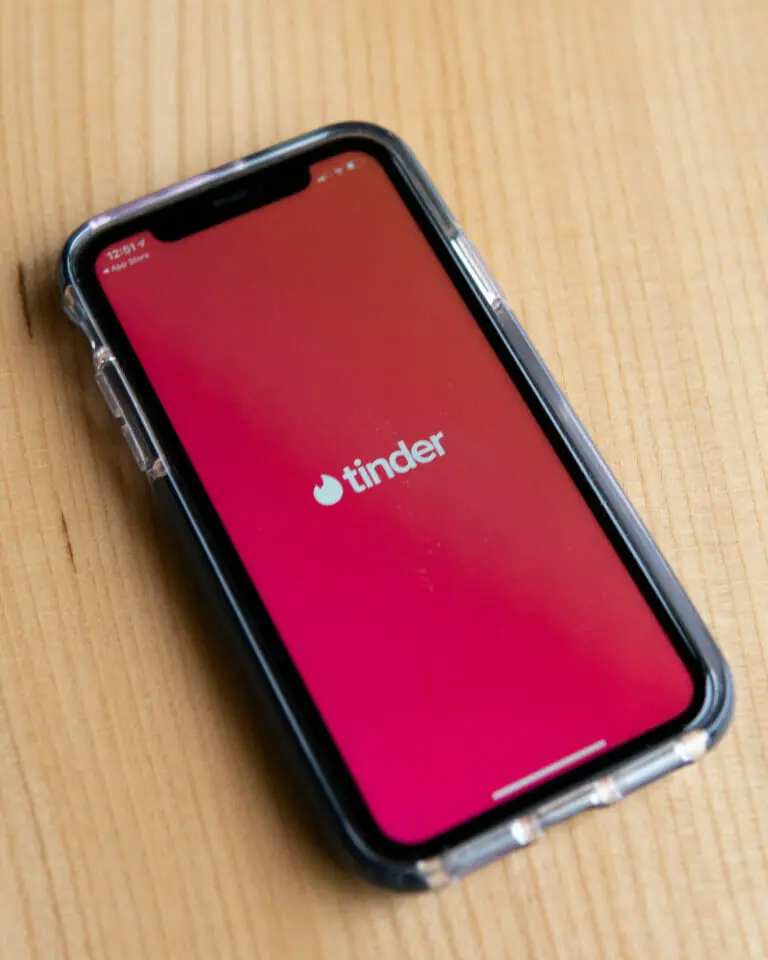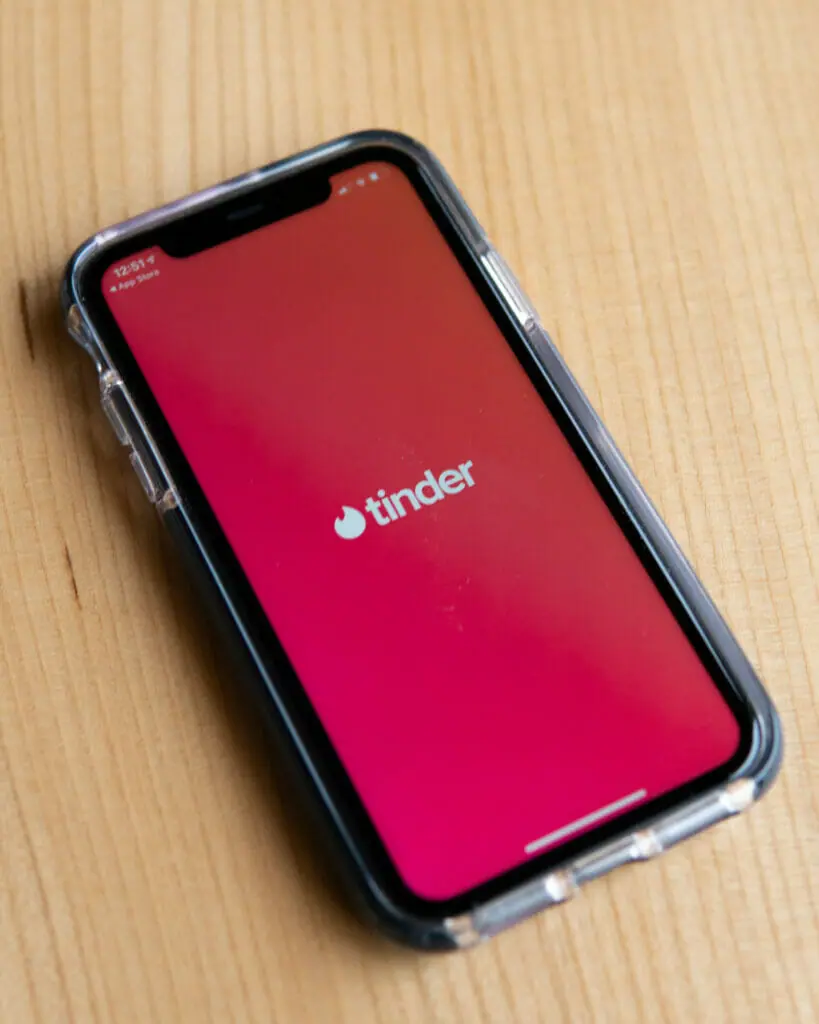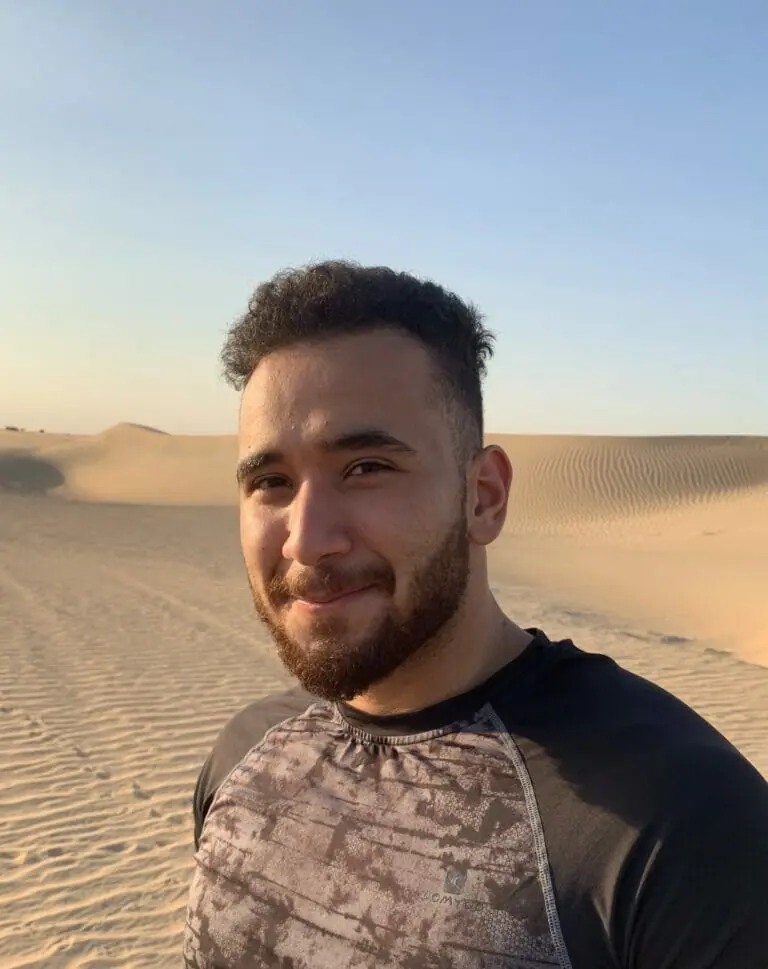Why are you running for this position?
I am running for vice-president (internal) because I’m really passionate about being involved with the student community. I’ve done so in a multitude of ways. I felt that the position fit me best because I knew it was a lot of work to do with supporting students around the Dalhousie Student Union (DSU) itself and working with societies on their relationships with the student union.
I’ve been a society leader. I’ve had lots of acquaintances because of the work I’ve done with DalOUT who’ve also been leadership in societies so I felt that I had the most experience relating to this position. I felt that I could really add something being someone who’s been on the other end as a society leader trying to engage students that way. I’m hoping that experience will give me the chance to improve things for other society members.
What do you think is the biggest issue on campus that the vice-president (internal) will face?
I think that specifically for vice-president (internal), there is a lot of frustration both within societies and students in general with the student union. We had a rough year, the year before last with the Canadian Federation of Students (CFS) and with the liquor license. There were a lot of things that people were unhappy about.
Then we went straight into COVID-19 and our current executive has done a great job. I respect anyone who does this job. It’s not easy work, but I feel like there’s probably a lot of students who felt the DSU hasn’t resolved a lot of those issues, and may not trust the student union, or may not feel connected to them anymore.
Especially after a year of being off campus, I think it’s really important that we really do the work to earn students trust back. To work to let them know that we are here and what we’re doing. During the rest of the pandemic being virtual and as well as when we go back to campus.
What do you think the biggest issue is on campus in general?
One of the biggest issues is mental health and resource access. We’ve had a lot of issues with students being able to access mental health resources, both those who are here in Canada and those who are studying from abroad. Especially during COVID-19, it’s definitely something that students have needed more.
But also, the other aspects of mental health that come from everything being more expensive. Students have had to pay out of pocket for more technology, for having to move, having to adjust to being in COVID-19 as well as facing increasing tuition prices. So, I think there’s a lot of areas that we can support our students for better health overall. Because I know, probably now more than ever, students are under a lot of stress that isn’t just due to being in classes.
Speaking of mental health, you said during the debates mental health support doesn’t just mean having access to a person, but it also means having access to some resources. Could you speak more about that and what that would look like if you were vice-president (internal)?
One of my big goals as vice-president (internal) is to make sure that we have clear and accurate guidelines for students accessing resources. Dal itself and the student union do offer quite a few resources. But I think that there’s definitely room for advocacy on improving those and providing more access. I think another big piece that the union could do, that is more of an immediate action, is making sure students understand how to access those resources.
Because a lot of the problem is that students are bouncing between different departments. It’s this time in this place versus over here versus they do this, they do that. I think that having really easily understood guidelines and sort of like resource-mapping so students can go, “OK, I need help with this. Who do I talk to? Where do I call? Who do I meet with? What are my different options?” I think the student union should be working as a navigation tool for students to be able to do that especially now being at home.
Is there something positive you think the DSU did this past year for students?
I’m not going to lie; I’ve been a little bit disengaged with the DSU this past year. But I do know that this DSU did a lot of work towards trying to help students online. They had to take on that big role of taking everything with a big shift. It was a rough year for all of us, but they have done a really good job of keeping up to date with societies, keeping up to date with students, being really understanding and flexible trying to adapt to this whirlwind of a year that we just had. Props to the entire team, that was probably so much work and such a hard thing to adapt to. I hope to be able to take the foundation that they’ve created and run with it further. For however much longer we’re online, which arguably is probably going to be a lot more than just this year.
Is there any issue you think the DSU handled poorly this year? If so, how would you have handled it differently?
I don’t know if I can think of a specific issue. But I think broader overarching, the sort of difficulties that I think the DSU has had in the past is finding the best way to communicate with students. For example, I’m thinking of especially the year before last, with a lot of changes with CFS and with losing the liquor license. I think that there was a lot of room for explaining to students and improving communication to help students understand the situation that the DSU was in.
I think that it’s a difficult thing to do, communicating with such a large student body is not easy. I know. I’ve been there. I can put up a million posters, and post 27 times on Facebook and people still don’t know. But I think that is probably something that I’ve seen my entire time at Dal, is every student union struggles with figuring out the best way to communicate with students.
I don’t know if I have the right answer. But if I get to be vice-president (internal) I want to try different channels of communication. I want to try engaging more directly with students on social media. I want to put my face out there, and give it my best shot to try things that I haven’t seen the union necessarily try when it comes to engaging and communicating with students. Because I think it’s just a matter of, you [have] got to be willing to do things differently and to put yourself out there. Because it is hard to engage with students especially now when no one’s on campus.
What specifically would you want to try that the DSU hasn’t tried before?
I’m really hoping to see, and you know what, there might have been some of this and I just missed it. But I think it would be really important for the student body to see our faces as executives more in connection with the student union. You know, when you see a post from the student union, it’s often a graphic or information, which is great, but I also think it is really important students recognize us and see our faces.
If we were on campus in person, a big thing I would try to work for is going to events. Before I went to Dal I went to a much smaller university, which granted this is a lot easier to do in that kind of environment. But the executives were at everything. Everyone knew their faces. You could pick someone out and go, that’s our vice-president or that’s our president. Because their faces were everywhere. They were speaking, they were the ones answering students’ questions. I think that creates more of a connection with students. You’re seeing a face, you’re seeing a person you elected, not just a graphic on screen.
Something I really want to work towards is potentially doing livestreams on Facebook and Instagram to answer students’ questions. Doing more where students can see my face, ask me questions and know that’s our vice-president (internal). That’s what she’s doing.
You spent a lot of time on the society side. What have you learned about communication between DSU and societies that you would hope to bring to the role?
I think one thing I definitely could have benefited from as a society leader with the student union is more frequent communication. There’s a lot of communication around ratification and it’s difficult for societies. But I think a lot of that difficulty is the handover process within societies. The fact that a lot of the times when you’re a student and you join a society, you’re not necessarily completely aware of all the student union processes. So fairly regularly, it’s a whole new team where people are jumping into a role and they have no idea what the processes are. I really want to create a situation where societies are connecting with the vice-president (internal) more frequently.
Where the vice-president (internal) is like, “Hello, I recognize you’re new or I recognize maybe you, specifically, didn’t have a lot to do with the handover process last year, or the ratification process, here are the steps.” Because I know, it’s so easy to miss things.
There’s a long list of things you have to do as a society leader and most society executives are unpaid. So as a volunteer, having someone to really be your guiding force is important. The staff at the DSU I think do a great job. But I think there could be more of a student-to-student basis with a vice-president (internal) that you don’t always get from the staff who also have so many other things on their plate.
What’s the most fun you’ve had on a screen this year?
There’s been a few things. Probably one of my favorites was actually, DalOUT did an Among Us game-night a couple weeks back. It was a lot of fun. It was the first time I had done an event in quite a while that wasn’t a speaking engagement or a lecture. It was just being fun and silly, playing games and laughing.
It’s hard to recreate those spaces during COVID-19, where it’s just getting together with no agenda, no specific goal in mind. So yeah, that was probably my most fun. I’m not the best at Among Us, but I’ve been practicing.
